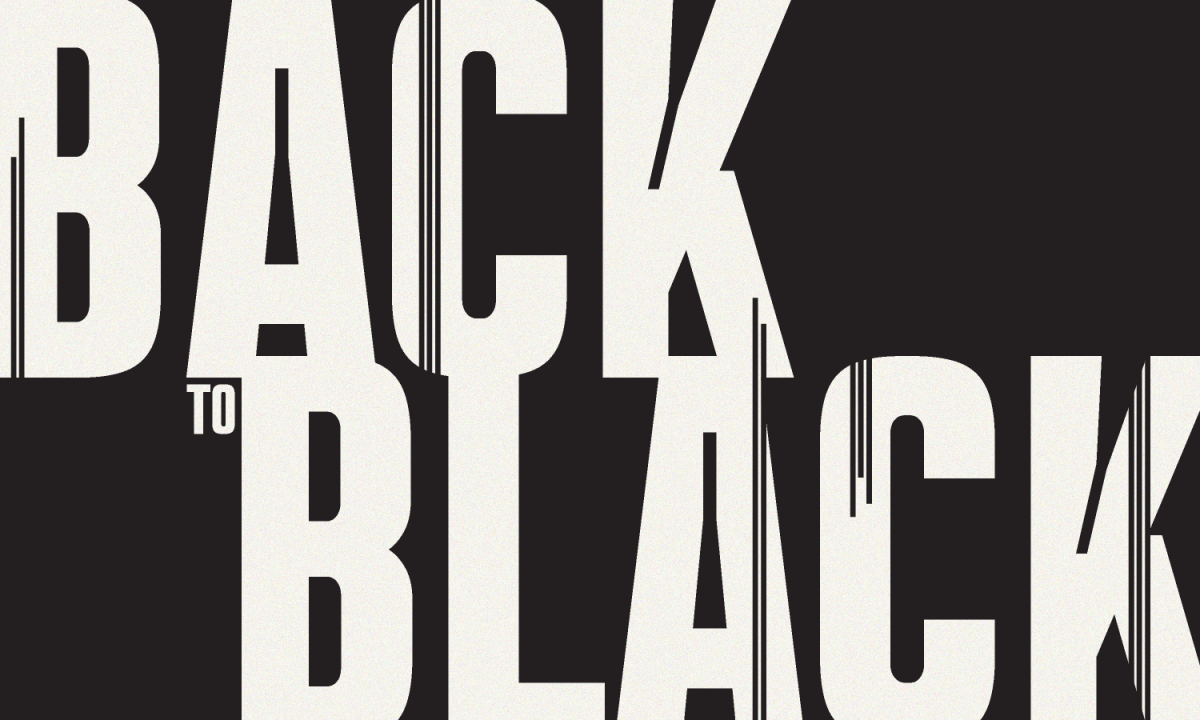“Back to Black” is the newest installment in celebrity biopics, retelling the story of late music icon Amy Winehouse. Played by Marisa Abela, the movie takes us through Winehouse’s career, starting with her early discovery by management agencies. Making it clear that she wasn’t going to write about anything that she didn’t experience, the movie spent equal time exploring major events in her personal life and the music and performances that came out of it.
Incredible Visuals
The visuals were incredible, making this a movie you’ll want to see in theaters. Sequences switching between the point of view of watching Winehouse running down the street, then to Winehouse’s perspective and seeing flashing lights and cameras shoved into your face, gives the viewer a sense of how invasive the media was.
The many close-up shots framing Abela’s face during scenes of deep emotional turmoil forces viewers to connect with the character. Using mirrors to portray moments of Winehouse’s own self-reflection gives viewers a chance to have intimate moments with the character.
Missing Pieces
There were high hopes for a female director and executive producer to portray her story with respect and sensitivity, yet it seems Sam Taylor-Johnson fell short.
Telling Winehouse’s story is a sensitive topic, filled with extremely low moments of addiction and traumatic relationships. Although necessary to talk about these moments — for they were a huge inspiration to her work, especially for her most popular album — making them the only topic would be disrespectful of everything else Winehouse had to offer. That’s where Taylor-Johnson succeeded, by portraying Winehouse’s work, success and powerful personality outside of the sphere of her relationships.
Taylor-Johnson ruined it with the repetitive mention of Winehouse’s desires to be a mother, and the traumatic moments reminding her of the fact that it didn’t happen. It sends the message that Winehouse failed as a woman, when there is absolutely no truth to that idea.
Although showing Winehouse’s positive upturn during the last few months of her life, the movie failed to mention the new projects she was working on. She was said to have been working on a jazz project, even collaborating with friends and idols to create it. She had so much left to offer and was even excited to continue her work. For the movie to completely disregard that, and only focus on the reminder that she never started a family of her own, just felt like another moment undermining Winehouse as a person.
Not Quite Amy
The hair and makeup department failed to transform Abela into the iconic singer. Despite painting on all the tattoos — even showing scenes of Winehouse in the tattoo chair — and giving her hair a personality of its own, there was never a moment where Abela truly became Amy Winehouse. Even after the transformation scene of Winehouse in New York City recording the album “Back to Black” — set to the song of the same name — making the statement that that’s when she really became the music icon, there were still only fleeting moments where I saw glimpses of Winehouse in her.
Although incredible, Marisa Abela failed to truly portray Amy Winehouse. It felt as though I were watching a fictional character, rather than a version of Winehouse herself.





Sy Fields • Jul 17, 2024 at 12:22 am
I am a screenwriter. Sam is one of the finest female directors in the business. In fact, I am hoping she will direct a controversial script I’m working on now which will shot in London and UTAH, so you better start to like her, if you want to land an interview with her when we do the shoot in the Behive State [that is, if the Mormons don’t assassinate us or poison our coffee!].